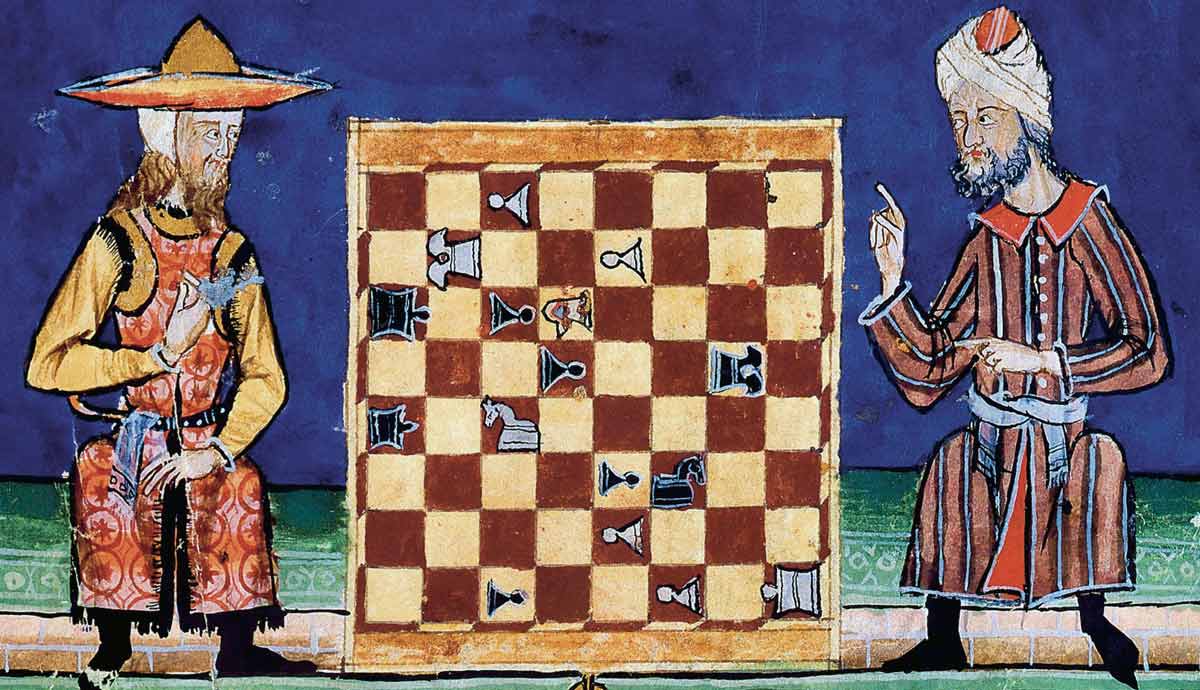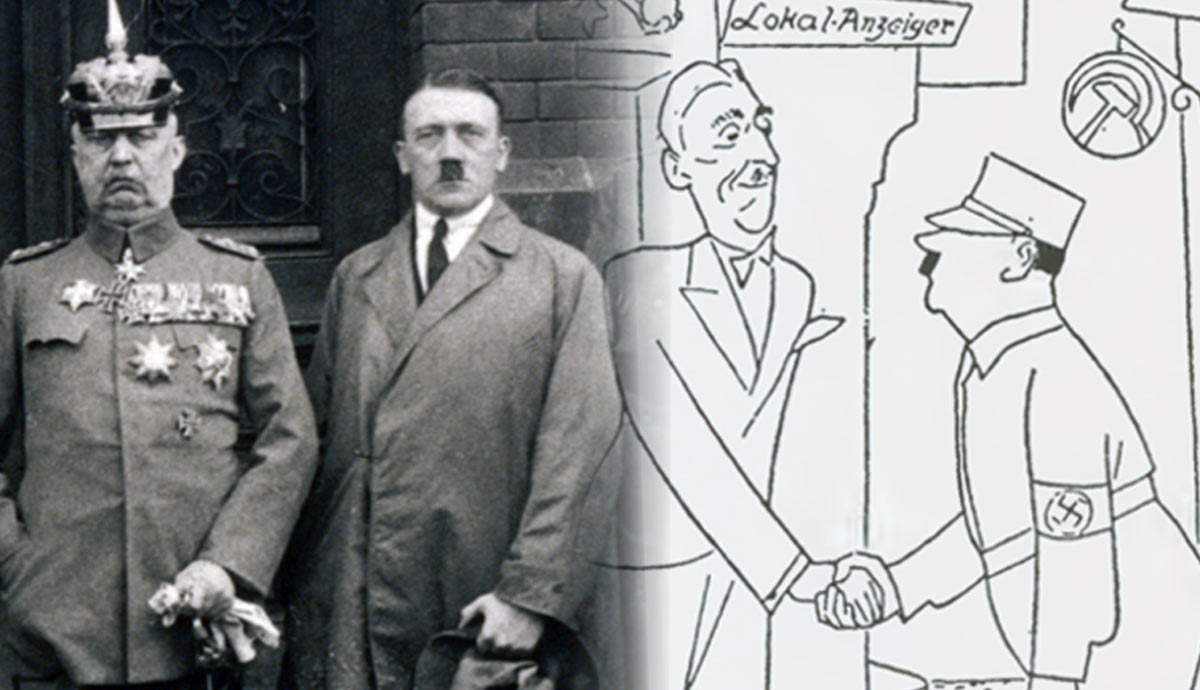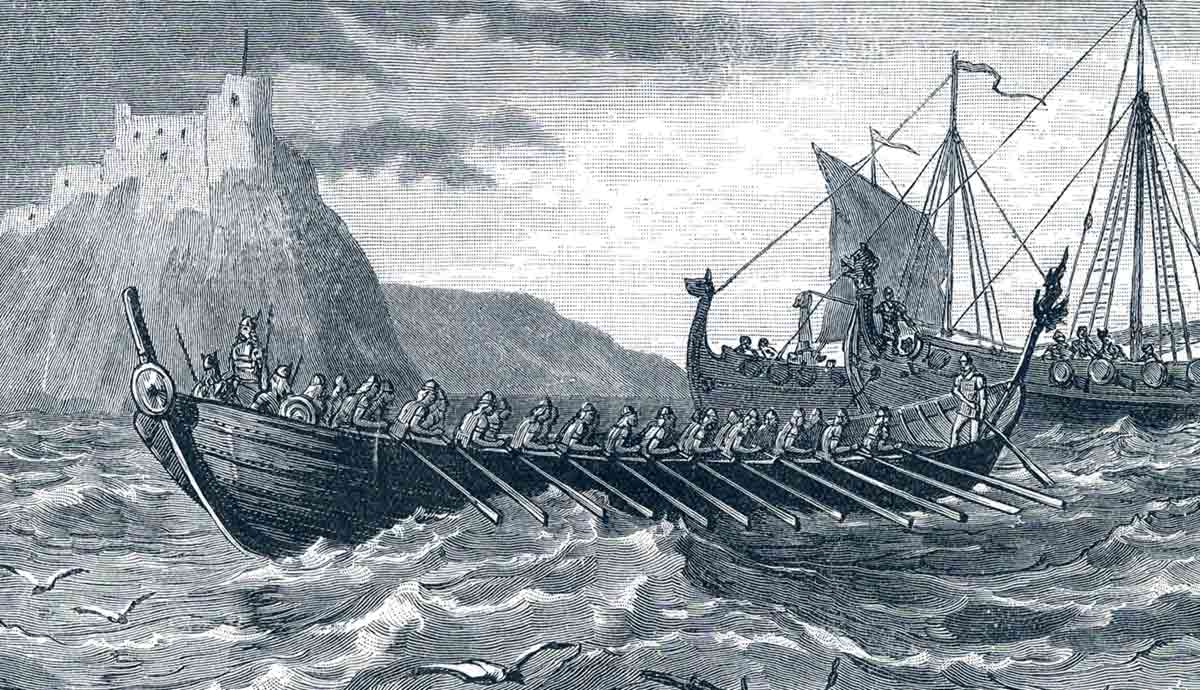
Osama bin Laden was a Saudi Arabian millionaire who left his life of privilege to wage war on the United States of America. The notorious mastermind behind the 9/11 attacks of 2001 was killed in 2011 by US Navy Seals in his compound near Abbottabad, Pakistan. Bin Laden was a ruthless architect of mass murder whose actions sparked vicious wars in Afghanistan and Iraq that killed millions. 9/11 triggered a global “War on Terror” that profoundly transformed the moral and political landscape of international legal norms. Bin Laden’s ultimate legacy rests in the hardening of an ideological view of the world that pits “Islam” against “the West.”
Early Life

Born in 1957 in Riyadh, Saudi Arabia, Osama bin Laden was the 17th of 52 children born to billionaire Yemeni-Saudi construction magnate, Muhammad bin Laden. He inherited an estimated $25-30 million upon his father’s death when he was 11.
Raised as a devout Sunni Muslim, he married his 15-year-old cousin at 17 and like many children of the global elite, briefly studied English at Oxford, England in 1971. He is said to have found the British way of life “morally degenerate.”
While many of his siblings studied abroad, Osama remained in Saudi Arabia. He studied economics, business administration, and civil engineering at King Abdulaziz University in the city of Jeddah. Bin Laden was known for his football skills and love of poetry.
In Jeddah, he became a student of the radical Islamist scholar, Abdullah Yusef Azzam, and was deeply moved by the works of Islamist revolutionaries, such as Sayyid Qutub. Despite his secular education, Bin Laden remained committed to his religious studies.
Afghanistan

Inspired by his teacher Abdullah Azzam’s call for international Jihad against all apostate and secular regimes, Bin Laden arrived in Afghanistan in 1981 following the Soviet invasion of 1979.
Bin Laden brought money and construction expertise – he started building roads, bunkers, and encampments for Afghan fighters and refugees. For the first half of the 1980s, He was involved in refugee care on the Pakistan border and took charge of volunteers arriving from the Arab world to take part in “Jihad.”
Despite exaggerated and heavily mythologized accounts of his military contributions, in the latter half of the 1980s, Bin Laden commanded a respected military unit of “Arab Afghans” and earned respect for his bravery in combat.
In 1988, he co-founded Al-Qaeda alongside Ayman al-Zawahiri, a militant former doctor from Egypt whom he fought alongside against the Soviets. Unlike domestic-focused Islamist groups, such as the Muslim Brotherhood, Al-Qaeda (“The Base”) was to be avowedly internationalist.
Al-Qaeda

In 1989, after the Soviet withdrawal from Afghanistan, Bin Laden returned to Saudi Arabia. However, infuriated by the Saudi Royal family’s decision to allow US troops to be stationed in the kingdom, following Saddam Hussein’s invasion of Kuwait (1990), Bin Laden left for Sudan.
After five years he was expelled from Sudan in 1996 under US pressure. He returned to Afghanistan. Bin Laden issued a declaration of war against the United States, and in 1998 Al-Qaeda launched its first direct attack against the US embassies in Kenya and Tanzania (killing 224 people). The US responded with cruise missiles under the aegis of Operation Infinite Reach. In 2000, Al-Qaeda suicide bombers hit the USS Cole at a port in Yemen killing 17.
Al-Qaeda’s most infamous attack took place on American soil. The 9/11 attacks of 2001 resulted in close to 3,000 deaths. The response came in the form of bloody wars in Afghanistan (2001-2021) and Iraq (2003-2011) and a unilateral reshaping of international law, under the aegis of the US-led “War on Terror.”
Political Views

Osama bin Laden railed against the “immorality” of drugs, usury, gambling, and homosexuality. He saw Afghanistan under the Taliban as the only truly Islamic country in the Muslim world.
He opposed the “godless” secular nationalism of Saddam Hussein’s Iraq and Hosni Mubarak’s Egypt, and the apostate regimes of Iran and Saudi Arabia. All liberal democratic, communist, and socialist alternatives to a strict, literal translation of Sharia Law were flatly condemned. Yet Bin Laden was no Islamic scholar.

His motivations were more political than religious, his speeches and decrees focused on the injustices inflicted by US foreign policy on Muslims in the Middle East, from Iraq to Palestine. His politics were anti-imperialist and had environmental, gendered, and class dimensions.
Bin Laden above all embodied profound contradictions. While he spoke the language of social equality, he unashamedly called for violent jihad against all perceived enemies of ‘Islam.’










